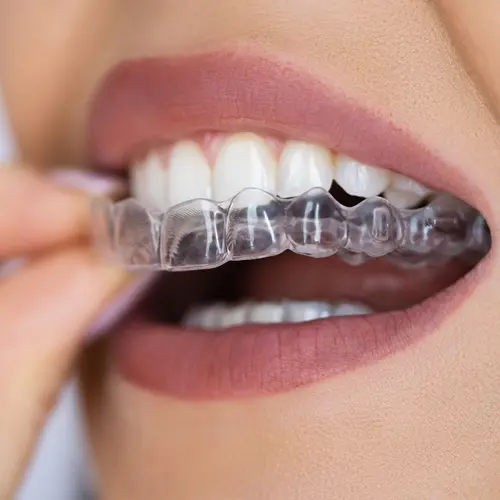Aging is inevitable. But losing your teeth isn't. Teeth and gums change as you age, but you can do things to keep your pearly whites healthy into your golden years.
"If you're looking after your teeth, getting checked for cancer, and staying free of disease, you should have your own teeth for the rest of your life," says Denis Kinane, BDS, PhD, dean of Penn Dental Medicine in Philadelphia.
Loss of Enamel
That's your teeth's hard outer shell. It wears away as you age. The loss of it makes teeth more prone to stains, pain, sensitivity, and other problems.
Acid is the main culprit. It's in sugar, fruit juices, and carbonated drinks -- even sugar-free ones. "Acid dissolves enamel to a mild extent every day," Kinane says.
Enjoy acidic drinks in moderation, and use a straw so they bypass your teeth. Sip them only at mealtimes to minimize how often you have them. Finish meals with milk or cheese to neutralize acids, which temporarily soften enamel -- that means it's also a good idea to wait about an hour to brush your teeth.
Use fluoride toothpaste and mouthwash, and drink tap water. "Fluoride makes teeth more resistant to acid," Kinane says. "Enamel erosion is reversed and prevented if you have a lot of fluoride in your teeth."
Receding Gums
Gum recession, or "getting long in the tooth," is to some degree a natural part of the aging process. But too-aggressive brushing, gum disease, and smoking make it worse.
Brush twice a day, floss, and use mouthwash daily to avoid getting gum disease. "An antimicrobial, antiseptic, fluoride-containing mouthwash is always a good idea," Kinane says.
Smoking wreaks havoc on your gums, too. "It contributes to chronic gum infection, which encourages bone and gum loss. When this happens, the teeth become mobile, and you can lose them."
Dry Mouth
As you age, you make less saliva. Many medications can also cause dry mouth.
You need saliva. It helps neutralize acid, fights infection-causing bacteria, and controls bad breath. You can get it flowing with sugar-free gum or sugar-free hard candies. Drink plenty of water, too.
If your dry mouth is severe, talk to your doctor or dentist. Either one can prescribe a salivary substitute or perhaps change a medication that's causing the problem.
Find more articles, browse back issues, and read the current issue of "WebMD Magazine."
